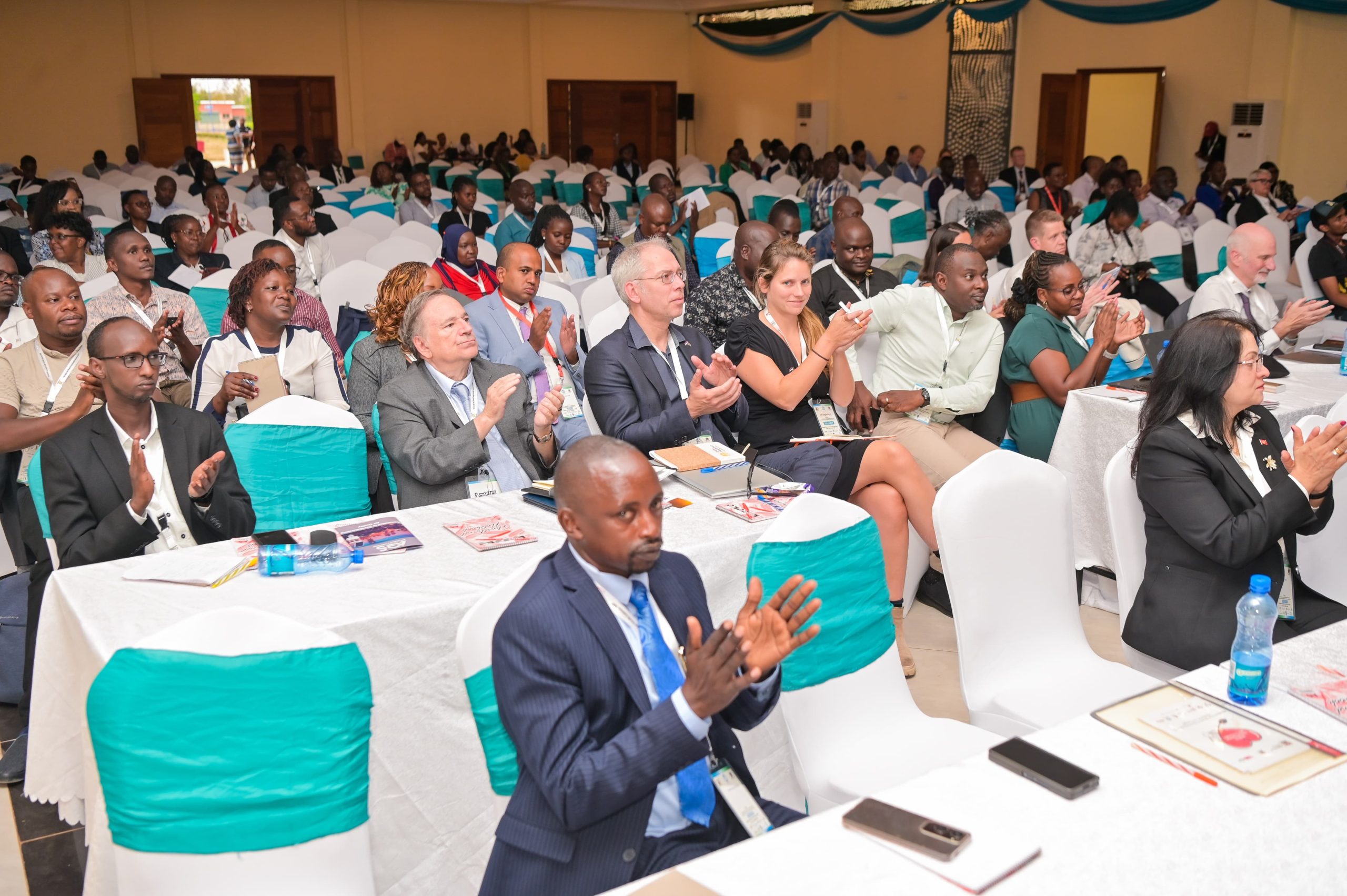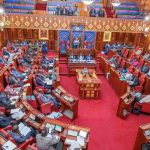The Director General of the Kenya Medical Research Institute (KEMRI), Professor Elijah Songok, has emphasized that the impact of climate change is not only an environmental or economic issue but also a public health crisis, especially in African countries.
Speaking at the 3rd Health and Climate Change Conference held at the Machakos Convention Centre from October 15-18, 2024, Songok stressed that the effects of climate change, such as rising temperatures, shifting disease patterns, extreme weather, and environmental degradation, are significantly contributing to poor health outcomes in low- and middle-income countries.
“Climate change is predicted to reduce agricultural production in Africa by up to 20% by 2050, leading to food insecurity and malnutrition,” said Songok.
He noted that the health impacts of climate change are costly, with estimates suggesting that they could cost African nations between 2-4 billion US dollars annually, underscoring the need for urgent action.
The KEMRI Director General highlighted the importance of bridging the gap between research and practical implementation to build climate-resilient health systems.
He stressed that such systems are crucial in addressing climate-related health risks, particularly for vulnerable populations who are at risk of falling into poverty due to limited access to healthcare.
“As a research institution, KEMRI is committed to conducting research that informs policy and provides evidence-based solutions,” Songok added.
Chairman of the KEMRI Board of Directors, Dr. Abdulahi Ali, echoed these sentiments, stating that the conference aims to inspire tangible actions that will positively impact millions of lives across the continent.
“This conference is not just an academic exercise but a call to action,” said Dr. Abdulahi.
He reaffirmed the board’s full support for KEMRI’s role in leading research, shaping policy, fostering partnerships, and supporting the initiatives emerging from the discussions.
Dr. Abdulahi urged the delegates to seize the opportunity to form new alliances, share ideas, and commit to actions that will make a real difference in combating the public health effects of climate change.





